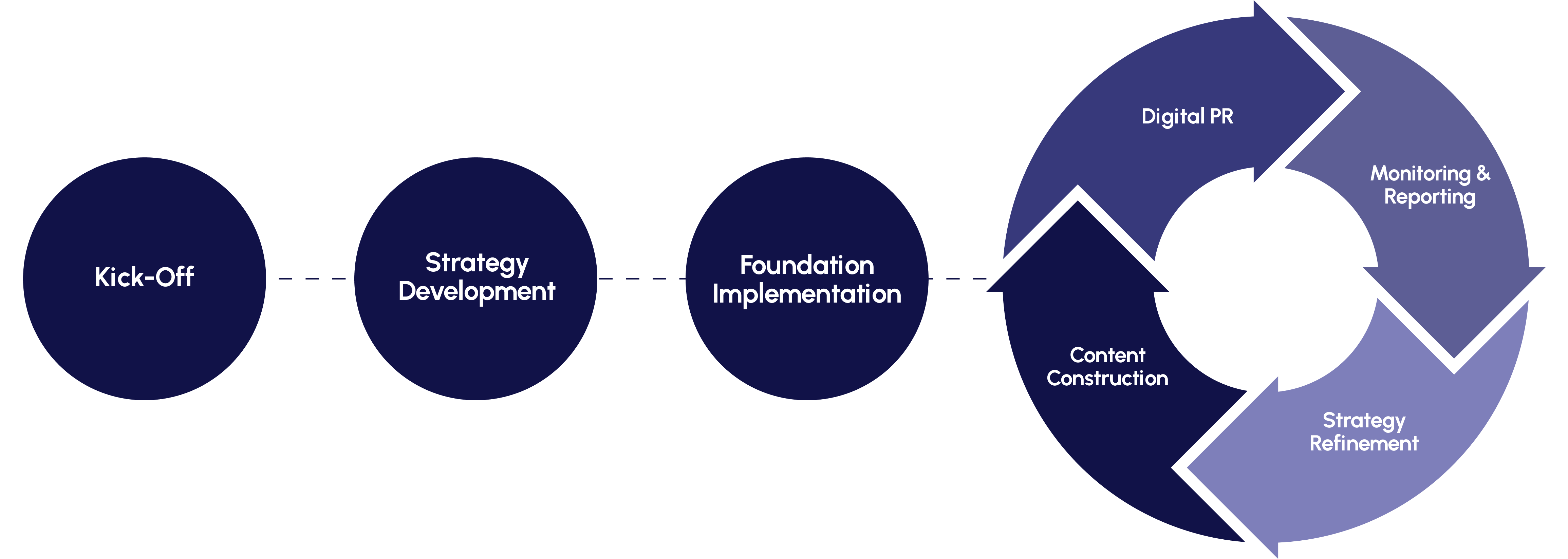The Benefits of SEO for Law Firms
A well-executed SEO strategy offers numerous advantages for law firms, helping them grow their online presence and attract more clients.
Comprehensive SEO Services
- Optimized service pages, blogs, and FAQs
- Engaging content tailored to client intent
- Site speed & Core Web Vitals optimization
- Mobile-friendly & structured data implementation
- Crawlability and indexability improvements
- Earn authoritative backlinks for credibility
- Increased brand awareness
- Optimizing Google Business Profiles
- Monitoring online reviews and testimonials
- Maintaining consistent NAP (name, address, phone number) information
Why Law Firms Love 9Sail
Our Law Firm SEO Process
Our Law Firm SEO process focuses on improving every aspect of your website to drive higher rankings, more traffic, and increased client conversions.
Our Practice Area Expertise
Hear What Our Clients Have to Say
Real Results from Real Law Firms
Common Questions About SEO
SEO is a long-term investment. Most law firms see meaningful results in 3-9 months. Timelines and costs vary based on the market size, practice area competitiveness, and scope of work.
Paid ads can be an excellent supplement to any SEO campaign, whether it’s with traditional PPC ads or Local Service Ads. They offer almost immediate results that can be further refined along the way.
Paid ads are also beneficial for capturing more real estate on search engine results pages. Google is constantly changing the look and order of these pages, so showing up in multiple sections effectively ensures your firm is seen.






